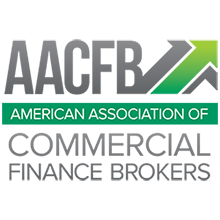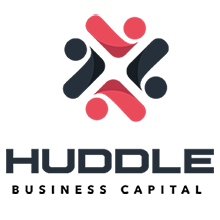Apply Online in Minutes
Enter basic business information on our 100% online application.

If you need new or used equipment for your small business and want to avoid buying it outright, Huddle Business Capital has a cash-flow-friendly game plan: equipment leasing. We work with a network of top-tier lenders that fund our customers' lease deals, and you will benefit from competitive rates and flexible repayment terms.
Leasing offers the ultimate in flexibility. Once your lease is up, you can renew it, purchase the equipment, or return it.
Drag the slider to see estimated monthly payments based on the equipment cost and term length.
per month for 24 months
The results shown are estimates and intended solely for your general information; they are not based on your business's financial situation or credit profile.
Enter basic business information on our 100% online application.
We'll review your information and contact you with a credit decision.
If your application is approved, you can expect to receive funding fast.
You're busy running your company. So, getting funding to lease equipment, machinery, technology, software, and other business assets should be easy and straightforward. With Huddle Business Capital, the entire process respects your time and puts your convenience first.
Our lease application takes just a few minutes to complete, credit decisions are provided quickly, and same-day funding from one of our lenders is available in many cases.

Leasing equipment is an excellent option if you want to acquire new or used equipment without paying the total purchase price upfront. This keeps your business's cash and credit line available for other business needs.
Next, leasing provides your business access to the latest equipment and reduces the chance you get stuck with something obsolete or that doesn't function as well as it used to. Lastly, equipment leasing offers a nice tax break because you can deduct your lease costs as a business expense, providing the equipment qualifies for a deduction.

Minimum qualifications:
What you need to apply:




